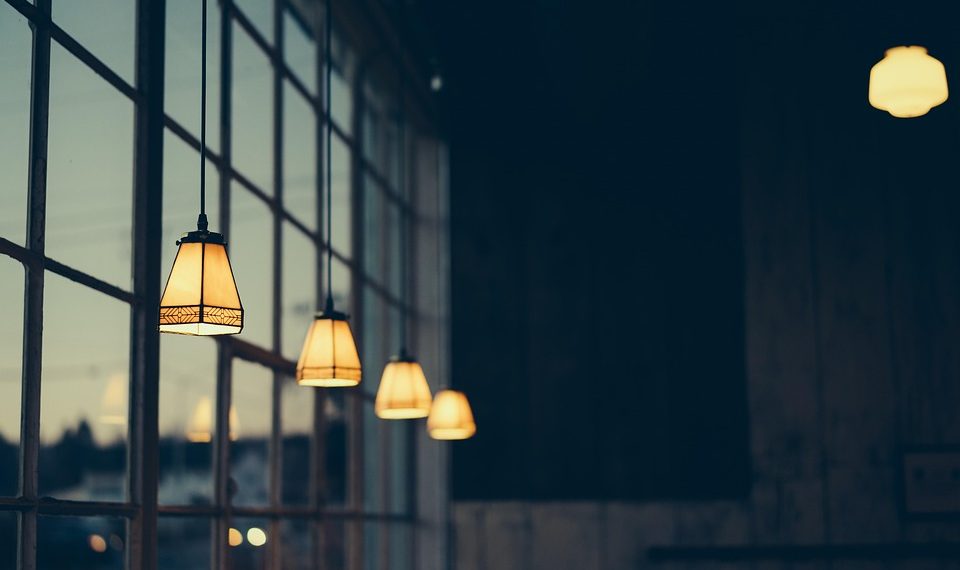Blue light sleep disruption can wreak havoc on your health in ways you might not even realize. In a world filled with screens — from smartphones to tablets and TVs — blue light exposure has become a silent disruptor of our nights. It’s time to uncover the stark reality of how this modern menace is affecting your life.
Sleep is not just a luxury; it’s a necessity. It’s the body’s way of recuperating and rejuvenating. When blue light intrudes upon your restful hours, it doesn’t just rob you of sleep; it sets off a chain reaction that can impact your health on multiple levels. Let’s dig into five shocking ways this disruption manifests in your life.
Contents
The Science Behind Blue Light
Before we dive into the effects, let’s briefly understand what blue light is. Blue light is a high-energy visible light emitted by screens and artificial lighting. This light suppresses the production of melatonin, the hormone responsible for regulating sleep. When your melatonin levels drop, your sleep cycle gets disrupted, leading to a host of potential health issues.
Understanding this connection is essential if you want to reclaim your nights.
1. Anxiety Levels Skyrocket
Imagine lying in bed, tossing and turning, your mind racing with thoughts about the day ahead. Blue light sleep disruption can lead to increased anxiety. Research shows a strong link between inadequate sleep and heightened anxiety levels. When you don’t get enough quality sleep, your body’s stress response kicks into overdrive.
Why It Matters
- Mental Health: Anxiety can spiral into more significant mental health issues, affecting your daily life and relationships.
- Physical Health: Chronic anxiety can lead to conditions like heart disease and high blood pressure.
If you’ve noticed that your anxiety levels have spiked, it might be time to evaluate your screen time before bed.
2. Your Immune System Takes a Hit
Did you know that good sleep is crucial for a robust immune system? Blue light disrupts your sleep cycle, which in turn weakens your body’s defenses. According to the CDC, insufficient sleep can lead to diminished immune function, making you more susceptible to illnesses.
The Connection
- Illnesses: You may catch colds or experience prolonged recovery times.
- Chronic Conditions: Long-term disruptions can lead to more severe health issues, such as autoimmune disorders.
Protecting your sleep is not just about feeling rested; it’s about keeping your body’s defenses strong.
3. Weight Gain and Metabolic Issues
You might be surprised to learn that blue light sleep disruption can contribute to weight gain and metabolic problems. Studies indicate that inadequate sleep messes with your hormones, particularly those that regulate hunger. When you’re sleep-deprived, your body craves sugary and high-calorie foods, leading to poor dietary choices.
The Implications
- Weight Gain: Increased cravings can result in unwanted pounds.
- Diabetes Risk: Long-term effects include a higher risk of type 2 diabetes due to insulin resistance.
Your sleep patterns could be sabotaging your weight management efforts. It’s crucial to recognize the link between your nightly habits and your waistline.
4. Your Memory and Cognitive Function Decline
Have you ever found yourself struggling to remember where you left your keys or what you were doing five minutes ago? Blue light sleep disruption can impair your memory and cognitive function. When your sleep is disrupted, your brain doesn’t have the chance to consolidate memories effectively.
The Consequences
- Daily Tasks: Forgetfulness can hinder your productivity and lead to mistakes at work or home.
- Long-Term Effects: Chronic sleep disruption may increase the risk of cognitive decline as you age.
If you want to keep your mind sharp and your memory intact, consider how blue light exposure might be sabotaging your sleep.
5. Mood Swings and Emotional Instability
Last but certainly not least, blue light sleep disruption can lead to mood swings and emotional instability. When you don’t get enough quality sleep, your body’s ability to regulate emotions diminishes. You may find yourself feeling irritable or even depressed.
Why This Matters
- Relationships: Mood swings can impact your relationships with loved ones and colleagues.
- Quality of Life: Emotional instability can diminish your overall quality of life, making each day feel like an uphill battle.
Understanding the impact of blue light on your emotional health can empower you to make changes that enhance your mood and well-being.
Tips for Reducing Blue Light Exposure
Now that you’re aware of the ways blue light sleep disruption can affect you, let’s explore practical steps to minimize its impact:
1. Set a Screen Curfew
Aim to turn off all screens at least one hour before bedtime. This simple change can significantly improve your sleep quality.
2. Use Blue Light Filters
Consider using blue light filter apps or glasses. They’re designed to block blue light, helping your body produce melatonin when you need it most.
3. Create a Sleep-Friendly Environment
Make your bedroom a sanctuary. Keep it dark, cool, and quiet. Use blackout curtains and consider a white noise machine if external sounds disrupt your sleep.
4. Embrace Natural Light During the Day
Expose yourself to natural sunlight during the day. This can help regulate your circadian rhythm and improve your sleep quality at night.
5. Prioritize Relaxation Before Bed
Engage in calming activities before bedtime, such as reading a book, meditating, or taking a warm bath. This can help signal to your body that it’s time to wind down.
Bottom Line
Understanding how blue light sleep disruption affects you is the first step toward reclaiming your health. From anxiety spikes to weight gain, the consequences are profound and far-reaching. You deserve restful nights and vibrant days, free from the shackles of poor sleep.
Take action now. Implement these strategies to reduce blue light exposure and nurture your sleep. Your body and mind will thank you for it.
Frequently Asked Questions
1. How can I tell if blue light is affecting my sleep?
If you find yourself feeling anxious, gain weight unexpectedly, or experience forgetfulness, blue light could be a factor. Keep a sleep diary to track patterns.
2. Are there specific apps to help reduce blue light?
Yes, apps like f.lux and Twilight are designed to filter blue light from your screens.
3. How long does it take to notice improvements in sleep?
Most people begin to notice improvements within a week of reducing blue light exposure and following good sleep hygiene practices.
Make your health a priority today. Take control of your sleep, and watch your life transform.
Get Your FREE Natural Health Guide!
Subscribe now and receive our exclusive ebook packed with natural health tips, practical wellness advice, and easy lifestyle changes — delivered straight to your inbox.













